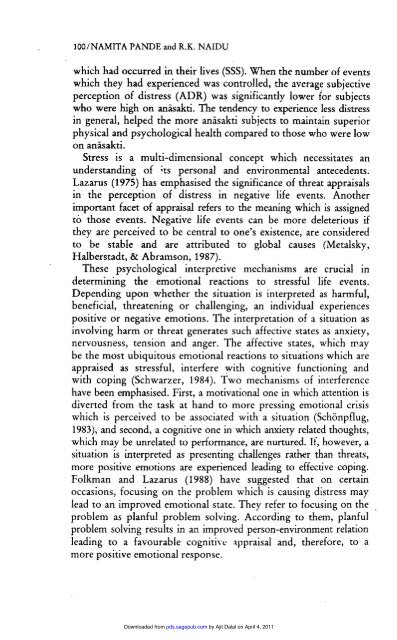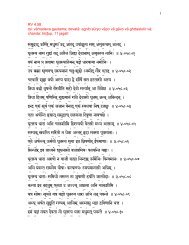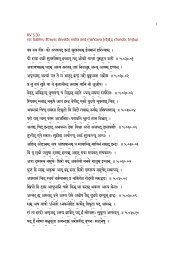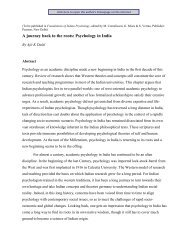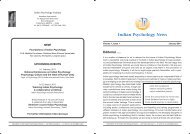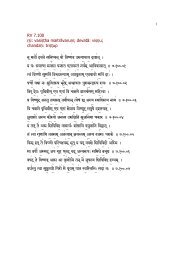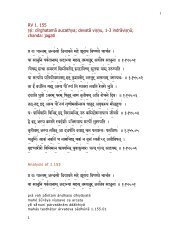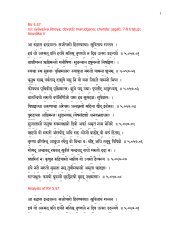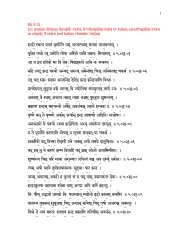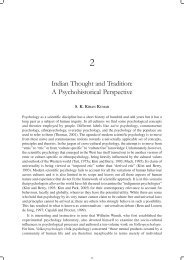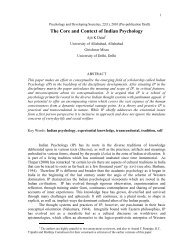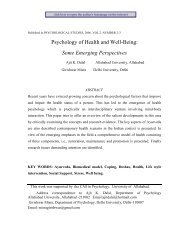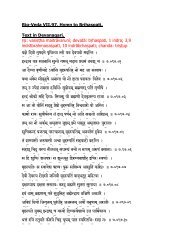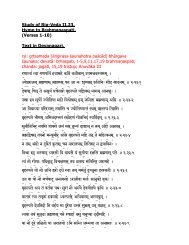Anasakti and health: A study of non-attachment - Indian Psychology ...
Anasakti and health: A study of non-attachment - Indian Psychology ...
Anasakti and health: A study of non-attachment - Indian Psychology ...
You also want an ePaper? Increase the reach of your titles
YUMPU automatically turns print PDFs into web optimized ePapers that Google loves.
100/which had occurred in their lives (SSS). When the number <strong>of</strong> eventswhich they had experienced was controlled, the average subjectiveperception <strong>of</strong> distress (ADR) was significantly lower for subjectswho were high on anasakti. The tendency to experience less distressin general, helped the more anasakti subjects to maintain superiorphysical <strong>and</strong> psychological <strong>health</strong> comparedon anasakti.Stress isto those who were lowa multi-dimensional concept which necessitates an<strong>of</strong> ;ts personal <strong>and</strong> environmental antecedents.underst<strong>and</strong>ingLazarus (1975) has emphasised the significance <strong>of</strong> threat appraisalsiri the perception <strong>of</strong> distress in negative life events. Anotherimportant facet <strong>of</strong> appraisal refers to the meaning which is assignedto those events. Negative life events can be more deleterious ifthey are perceived to be central to one’s existence, are consideredto be stable <strong>and</strong> are attributed to global causes (Metalsky,Halberstadt, & Abramson, 1987).These psychological interpretive mechanisms are crucial indetermining the emotional reactions to stressful life events.Depending upon whether the situation is interpreted as harmful,beneficial, threatening or challenging, an individual experiencespositive or negative emotions. The interpretation <strong>of</strong> a situation asinvolving harm or threat generates such affective states as anxiety,nervousness, tension <strong>and</strong> anger. The affective states, which maybe the most ubiquitous emotional reactions to situations which areappraised as stressful, interfere with cognitive functioning <strong>and</strong>with coping (Schwarzer, 1984). Two mechanisms <strong>of</strong> interferencehave been emphasised. First, a motivational one in which attention isdiverted from the task at h<strong>and</strong> to more pressing emotional crisiswhich is perceived to be associated with a situation (Sch6npflug,1983), <strong>and</strong> second, a cognitiveone in which anxiety related thoughts,which may be unrelated to performance, are nurtured. If, however, asituation is interpreted as presenting challenges rather than threats,more positive emotions are experienced leading to effective coping.Folkman <strong>and</strong> Lazarus (1988) have suggested that on certainoccasions, focusing on the problem which is causing distress maylead to an improved emotional state. They refer to focusingon theproblem as planful problem solving. According to them, planfulproblem solving results in an improv ed person-environment relationleading to a favourable cognitive appraisal <strong>and</strong>, therefore, to amore positive emotional response.Downloaded from pds.sagepub.com by Ajit Dalal on April 4, 2011


